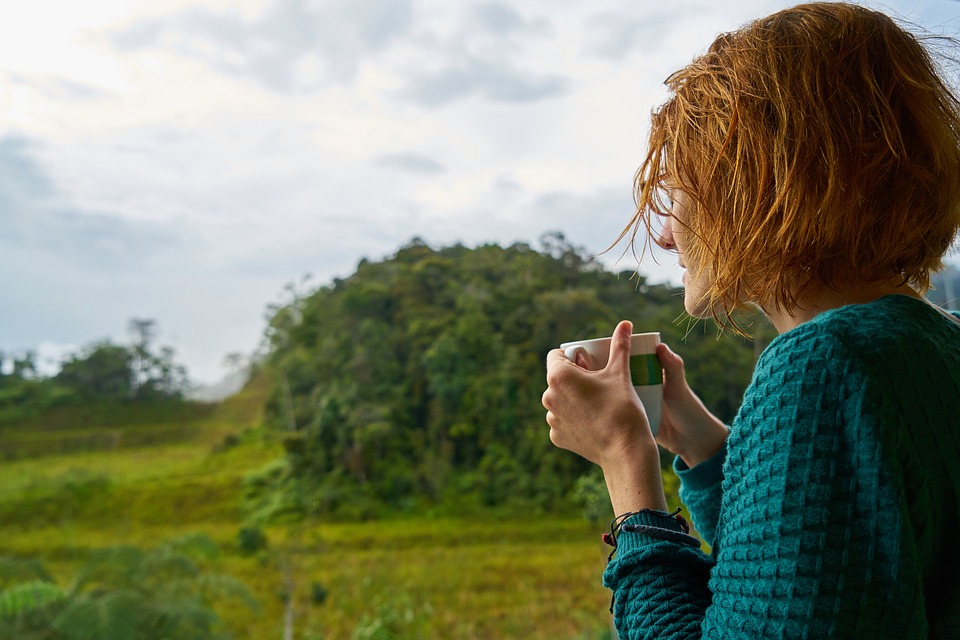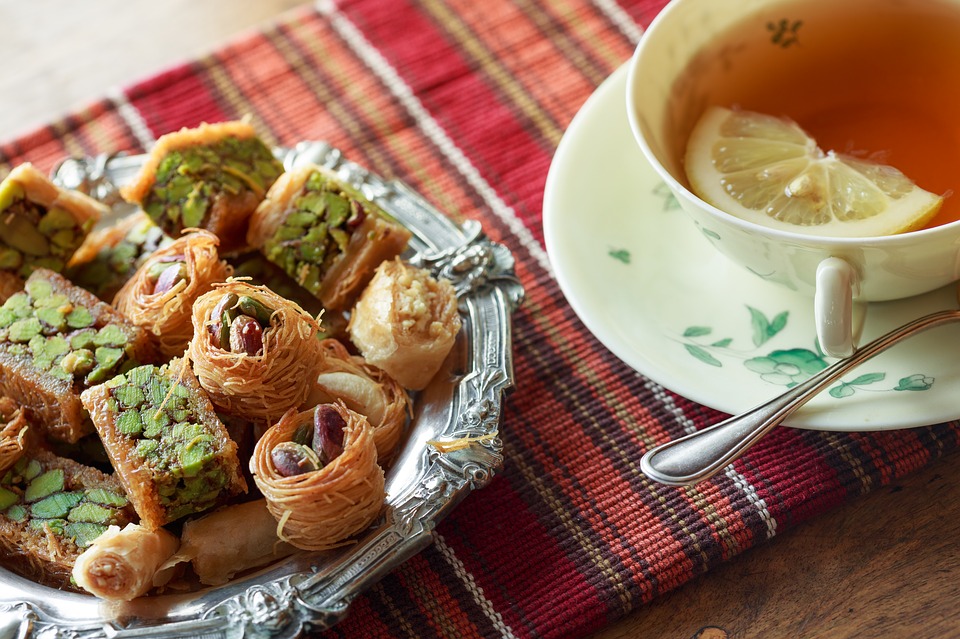Tea Drunk
Posted by Selina Law on Oct 31st 2018

When we hear the word “drunk”, we usually associate it with people being in a compromised mental and physical state due to the effect of excessive alcohol consumption. Dictionaries define the adjective “drunk” as “affected by alcohol to the extent of losing control of one’s faculties or behavior.” Seldom do we associate intoxication with tea, but it is actually not uncommon to be “drunk” by the infusion of Camellia sinensis (true tea).
How do we get tea drunk—or “cha zui” (茶醉), the specific term in Chinese for this condition—since there is no alcohol in tea? In most cases, when we are tea drunk, we feel varying degrees of heart palpitations, shivering, lightheadedness, cold sweats, weakness in the limbs and hunger. The lucky ones among us, however, experience a feeling of euphoria and emotional bliss, and gain an enhanced ability to focus. People have compared feeling tea drunk to a strong caffeine buzz and believed that tea drunkenness is a result of the combination of caffeine and other molecules in tea.
Well, tea chemistry is complex. On the bush, tea leaves contain thousands of chemical compounds, when they are processed these compounds break down and form new complexes. Though tea drinking has been practiced for thousands of years, there is still much about the properties of the tea plant that we don’t know. It is very difficult to generalize or pinpoint which particular compounds or the combinations of them are responsible for tea drunkenness.
What we do know is that researches have shown tea contains different substances that have stimulatory effects on our body. Some recognized substances are: (1) Caffeine, which stimulates the central nervous system, increases vigilance and reduces drowsiness. (2) Theophylline, which relaxes smooth muscles in the airway, making breathing easier while also stimulating both the rate and force of heart contractions. (3) Theobromine, which also stimulates the heart and has a mild diuretic effect. In addition, it improves blood flow around the body, leading to a net reduction in blood pressure. (4) L-theanine, which promotes relaxation, facilitates sleep and lowers blood pressure. Studies have shown that combinations of L-theanine and caffeine can improve attention span, enhance the ability to process visual information, and increase accuracy when switching from one task to another. (5) Polyphenols, naturally occurring antioxidants which boost insulin activity in our body to promote proper absorption of glucose into the tissues, and consequently lower our blood sugar level.
It is conceivable that the working of all these different substances in our body when we consume tea is the cause of tea drunkenness. In addition, depending on the strength and quantity of the tea and our particular constitution, these substances affect our bodies differently. That is why some of us have never experienced tea drunkenness, while others get tea drunk all the times; some of us go tipsy when we are tea drunk, but others become clear-headed.
We should also know that since tea can both lower our blood pressure and blood sugar level, drinking tea on an empty stomach will make us more susceptible to the giddy side of tea drunkenness. That is one reason why I often serve snacks at my tea tasting workshops, to avoid getting people tea drunk.If you do feel a bit “cha zui”, it is best to consume some food or at least drink some warm water as soon as you can. Like with everything else, consume tea in moderation and listen to your body is the best policy!

The information, including but not limited to, text, graphics, images and other material contained on this website are for informational purposes only. The purpose of this website is to promote broad consumer understanding and knowledge of various health topics related to tea (both true and herbal). It is not intended to be a substitute for professional medical advice, diagnosis or treatment. Always seek the advice of your physician or other qualified health care provider with any questions you may have regarding a medical condition and never disregard professional medical advice or delay in seeking it because of something you have read on this website.

